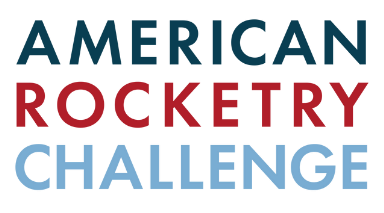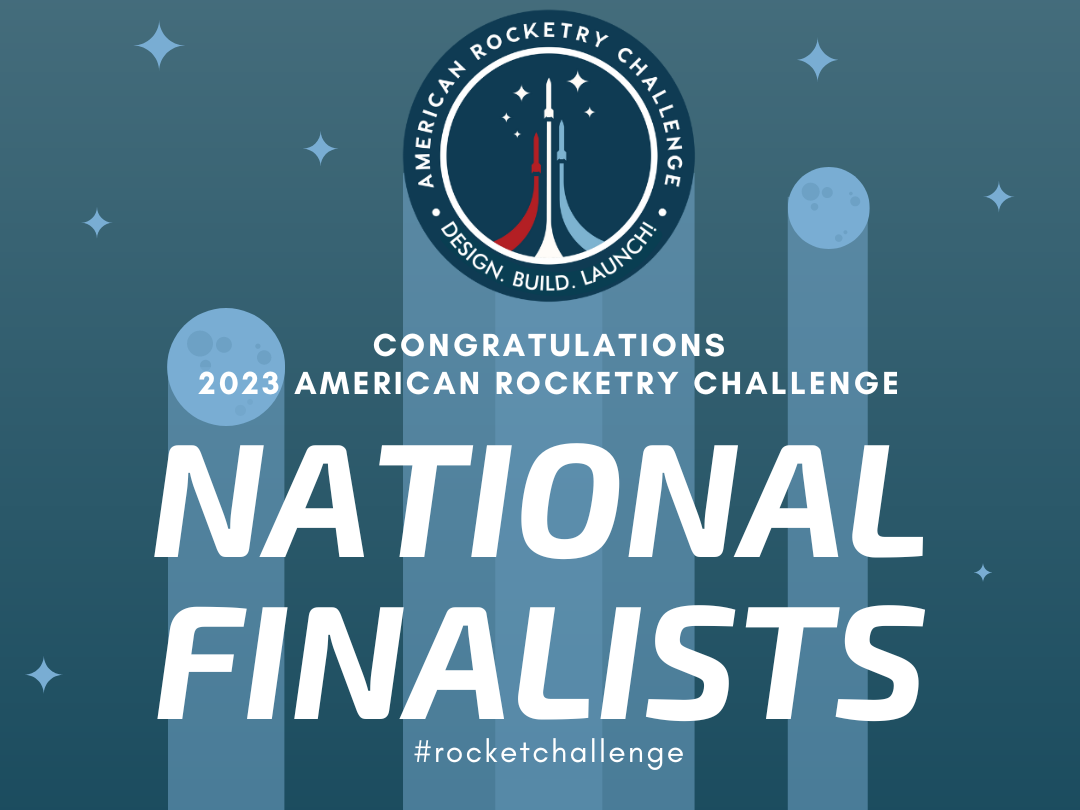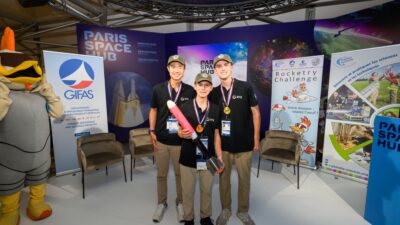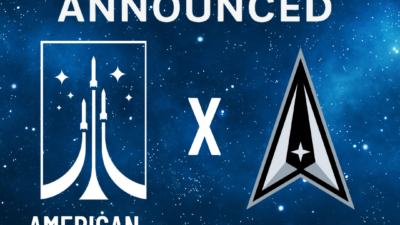Finalists are the best of nearly 800 teams that entered the American Rocketry Challenge
Arlington, Va. (April 12, 2023) – Today, the American Rocketry Challenge announced the 100 National Finalists for the world’s largest student rocketry competition. Finalists are vying for $100,000 in prizes and the title of National Champion, which includes an all-expense paid trip to compete in the International Rocketry Challenge at the Paris Air Show in June. The National Finals will take place on May 20, at Great Meadow in The Plains, Virginia.
“For the last 21 years, the American Rocketry Challenge has inspired and cultivated thousands of scientists, engineers, and business leaders working on today’s most dynamic aerospace missions,” said Eric Fanning, President and CEO of the Aerospace Industries Association (AIA). “When 100 teams compete for the title of National Champion in May, it is fitting that a Challenge alumnus will be circling above them as an astronaut aboard the International Space Station. I can’t wait to see which team’s ingenuity and critical thinking will help them earn the title of National Champion!”
Sponsored by AIA, the National Association of Rocketry, and more than 20 industry partners, the American Rocketry Challenge is the world’s largest student rocketry competition and the aerospace and defense industry’s flagship program designed to encourage students to pursue study and careers in science, technology, engineering, and math (STEM). The competition has inspired nearly 90,000 middle and high school students to explore education and careers in STEM fields.
This year, the American Rocketry Challenge features more than 4,500 American middle and high school-aged students from teams and 45 states. For 2023, each of the teams from 45 states designed, built, and launched model rockets that safely carries one large hen egg to an altitude of 850 feet, stays airborne for between 42 and 45 seconds, and returns the rocket to the ground safely. The twist is, one section of the rocket must contain the egg and altimeter, and the second the rocket motor(s). Both tubes must also separate after apogee and land with their own parachutes.
The American Rocketry Challenge is entering its 21st year, and alumni are working across industry— among them, NASA astronaut Warren “Woody” Hoburg, who competed in the National Finals of the first-ever American Rocketry Challenge in 2003. In March, Hoburg headed to space as the Pilot of NASA’s SpaceX Crew-6 mission to the International Space Station.
In addition, AIA recently signed a Space Act Agreement with NASA to inspire the next generation of aerospace and STEM professionals. The agreement will enable AIA to expand upon the American Rocketry Challenge program to create opportunities that broaden student participation in aerospace and provide connections to NASA’s Artemis program and other NASA missions. NASA and the American Rocketry Challenge already enjoy a close partnership; the top 25 finishers in the American Rocketry Challenge are invited to attend NASA’s Student Launch competition.
The American Rocketry Challenge promotes friendly competition among teams from diverse socioeconomic backgrounds, ethnicities, and geographies — from the Great Plains to major metropolitan areas. Numerous teams launched fundraising campaigns in their communities to make their participation possible this year. The American Rocketry Challenge also offers $2,000 STEM Innovation grants to eligible Title I schools to launch their own rocketry teams.
Follow and support your local team on the road to the National Finals using the official hashtag #rocketchallenge. For more information about the contest, please visit www.rocketcontest.org.
See the top 100 teams here: https://rocketcontest.org/result/2023-finalists/
###




